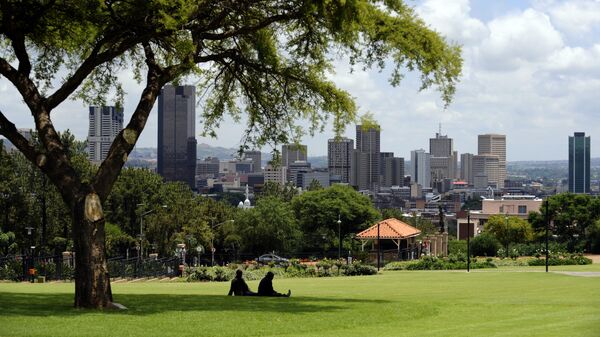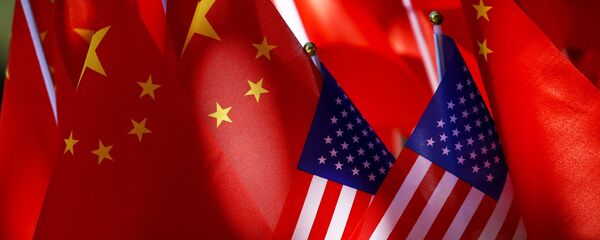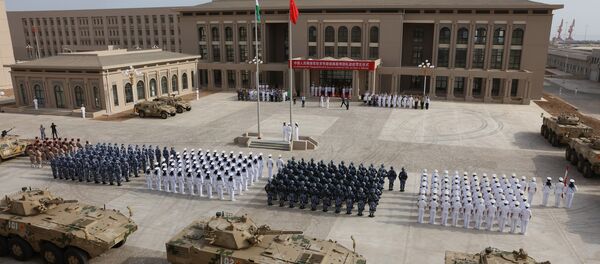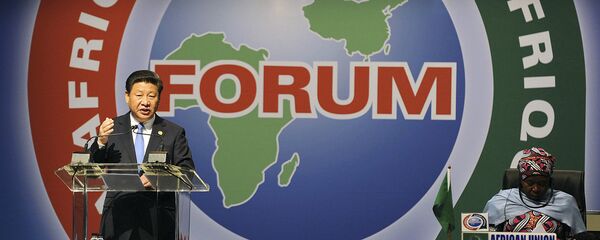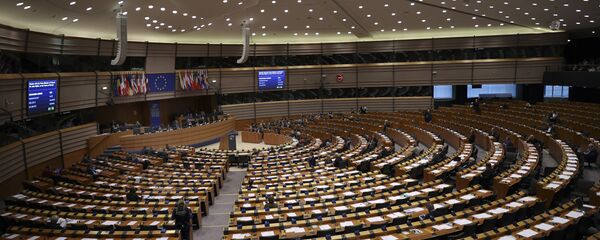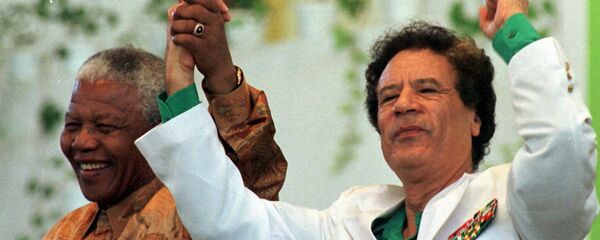If measured by the number of participating countries, it will become the world's largest free trade zone since the creation of the World Trade Organisation 70 years ago. So far 52 nations have signed the agreement and 22 have ratified it, meeting the minimum threshold for the agreement to come into force.
UN expert and economist Jean-Marie Biada discussed the benefits and challenges of AfCFTA and its implications for African economies.
Jean-Marie Biada: For the effective and harmonious development of AfCFTA, member states, in accordance with Article 28 of the agreement, must prepare at least 6 documents. This process, as far as I know, hasn't been completed. It would be possible to make a list of special obligations, conditions on the basis of most-favoured-nation tax exemptions, air transport services, a temporary worker programme, a list of priority sectors, a framework document on regulatory cooperation.
In my opinion, with regard to AfCFTA, the most difficult thing is to start the process. We should not expect the simultaneous or sequential entry of the continent's 54 states, or observance of all the provisions of the treaty, additional agreements, etc.
READ MORE: Pakistan to Sign Second Free Trade Agreement With China to Boost Ailing Economy
Sputnik: AfCFTA will cover a market of 1.2 billion people with a GDP of $2.5 trillion, all 55 AU members. This will be the largest free trade zone since the founding of the WTO. What opportunities does the free trade zone offer to the African continent?
Jean-Marie Biada: AfCFTA is a catalyst for the African Economic Community, established by the 1991 Abuja Treaty. According to this multilateral agreement, the three main objectives are to reduce the prices of goods and services offered for sale in the free trade zone, optimise production (capital, labour, land, raw materials, energy, and infrastructure) and increase employment in industries where each country has a comparative advantage.
The agreement will also allow for the creation of a continental customs union, the development of the industry through diversification and development of agriculture, food security, the creation of production and marketing networks, as well as the acceleration of regional and continental integration.
To solve these serious problems — the implementation of AfCFTA's goals and subsequent monitoring — enormous financial resources are required. The African Union will have to use its strategic development tools, which have long existed on paper but have not been put into practice. This includes, in particular, the African Monetary Fund (AMF) and the African Central Bank (ACB).
READ MORE: S. Africa's Ruling ANC Faces Economy Test Amid Reduced Parliament Majority
Sputnik: In what areas can AfCFTA provide barter opportunities to speed up the industrialisation of Africa?
Jean-Marie Biada: For the industrialisation of Africa, high-quality research, innovation and adequate funding are needed, not to mention the political will to constantly evaluate the research results… Since trade is the "eldest daughter" of industry, the free trade zone will provide it with a market with limited competition. Industry development will be based on the results of the research/innovation/development of African scientists.
In addition, AfCFTA can create favourable conditions for the industrialisation of Africa, albeit to the disadvantage of some local industries. Tariff and non-tariff restrictions will gradually disappear, services will be liberalised, cooperation in the field of investment, intellectual property rights, competition strategies, customs cooperation will be developed, measures will be taken to facilitate trade and a mechanism for resolving disputes within the free trade zone will be developed.
Jean-Marie Biada: The low level of diversification of African economies is relative. Moreover, free trade zones that already exist in the world have not all been formed around countries with a very high level of economic diversification.
At the same time, in the field of international economics, the HOS trade theory [the Heckscher-Ohlin-Samuelson international trade model — Sputnik] states that each country develops products based on its main resources. This means that the low level of diversification of Africa's economies may become a trump card because it will provide an opportunity to develop certain sectors of the economy on the continent.
READ MORE: Stronger Africa Makes for Stronger China
Sputnik: What kind of exchange will be possible between the continent's economies?
Jean-Marie Biada: Within the framework of a single African market, Morocco's OCP Group, which is the world's largest phosphate exporter, can offer at competitive prices on pesticides, herbicides and fungicides to Cameroon's farmers. If customs barriers do not disappear, they will be significantly reduced as well as non-tariff barriers. In the Sahel-Saharan region, there are people who can skillfully dig wells with their bare hands. Their well-digging skills can be used across the continent and help create human-powered standpipes across the continent. Thus, diseases caused by faeces, the spread of dirty water or simply due to the lack of water will be put to an end.
You can also attract specialists from the southern part of the mainland (Zambia, Zimbabwe, Tanzania, South Africa, and Malawi). It will be possible to grow Madagascar vanilla in Cameroon — the price of a kilogram of vanilla on the world market exceeds the price of a bag of coffee. This will delight consumers across the continent. It will be possible to produce Madagascar's foie gras which is very popular in Europe, in Cameroon, Gabon, Côte d'Ivoire, Benin, Togo and Kenya, and Egypt.
READ MORE: Ebola Virus Death Toll in DR Congo Hits 803 — Officials
Sputnik: Is there a risk that the weakest countries or countries with very low basic investment levels will not be able to withstand the competition?
Jean-Marie Biada: AfCFTA does not aim to move countries that have the lowest ranking (in the economy, trade, industry, education) to the top of the rating. In the free trade zone, healthy competition does not prevent the exercise of the duty of solidarity vis-à-vis the member state facing serious difficulties. EU countries showed solidarity towards Greece when the country faced serious macroeconomic problems, which led to very painful social consequences.
By 2018, the macroeconomic situation in Greece had significantly improved and stabilised, on the one hand, for the benefit of the local population, and on the other, to the satisfaction of the EU. In Africa's Free Trade Zone, they will not remove the crown from one head and place it on the head of another.
Sputnik: What other factors could interfere with the exchange of goods within AfCFTA or its activities?
The main obstacle is that democratic principles are poorly developed in some regions of Africa. Border fighting continues between certain African regional economic communities or within these communities. Infrastructure projects are implemented very slowly.
READ MORE: 'We Want Our Capexit': South African Politician Sheds Light on Local Sentiment
On the other hand, the launch, management, simplification of procedures and the subsequent evaluation of the effectiveness of a free trade area requires a four-component management system: the Conference, the Council of Ministers, the Committee of Trade Executives and the Secretariat.
These are additional, but by no means extra, institutions that will require substantial funds. Unfortunately, given the irregular flow of contributions from AU member countries, the financial factor will continue to be a major constraint to the transformation of a free trade area into a single African market.
Views and opinions, expressed in the article are those of Jean-Marie Biada and do not necessarily reflect those of Sputnik.

